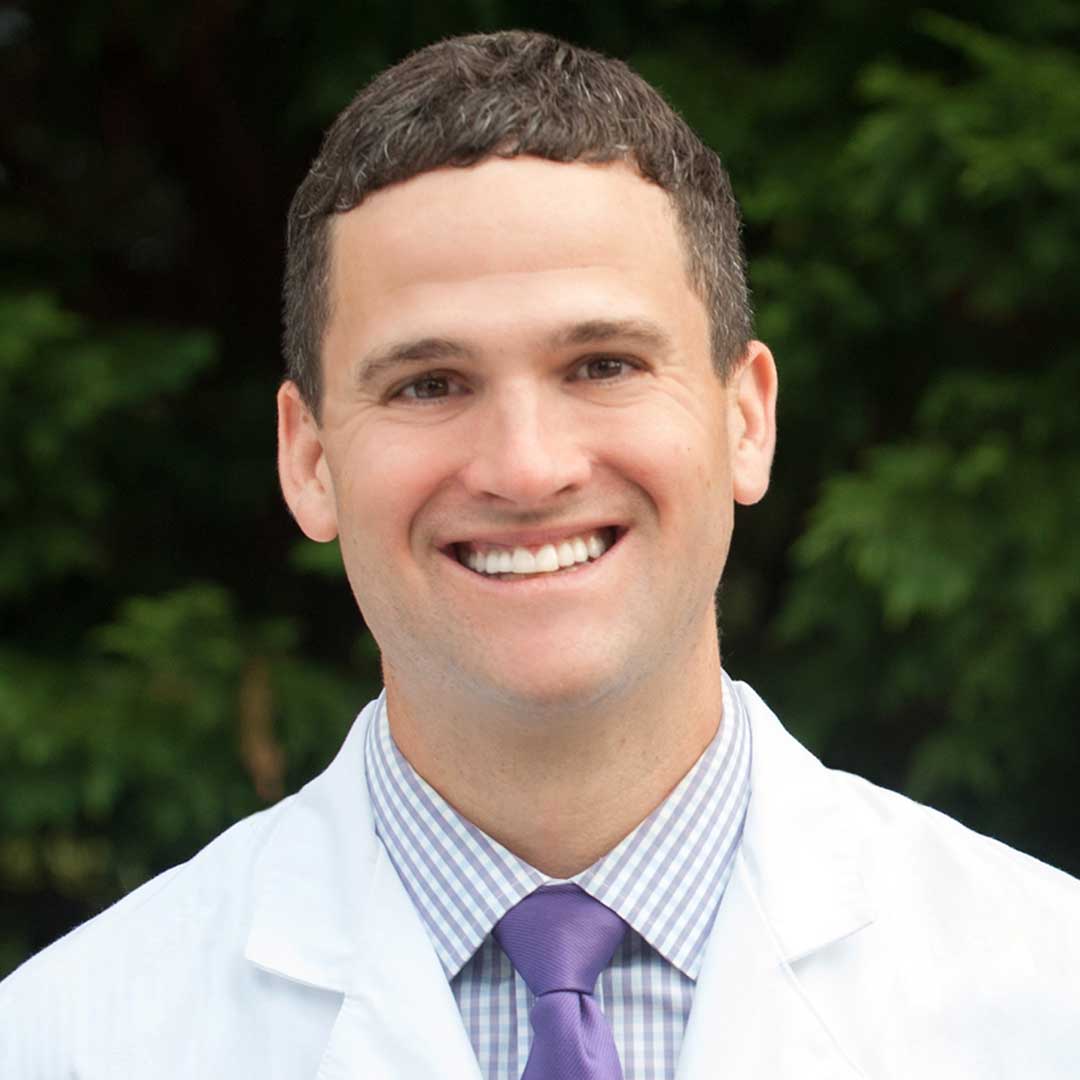Skin cancer is the most common form of cancer – more people are diagnosed with skin cancer than all other forms of cancer combined. The Skin Cancer Foundation reports that 20% of Americans will have skin cancer in their lifetime. While skin cancer is preventable and treatable when caught early, certain forms can be deadly. Keep reading to learn more about skin cancer risk factors and prevention.
Types of Skin Cancer
The most common forms of skin cancer are:
Nonmelanoma skin cancer: Basal cell carcinoma is the most common type of skin cancer. It’s most commonly found on parts of the body that are frequently exposed to the sun, such as the arms, head and neck. Squamous cell carcinoma is the second most common type of skin cancer. Merkel cell is a rare but aggressive form of skin cancer. It can be difficult to treat if it spreads to other areas of the body.
Melanoma: Melanoma tends to grow and spread more than other types of skin cancer. When detected early, the five-year survival rate is 99%. The survival rate drops to 66% when melanoma spreads to the lymph nodes and 27% when it metastasizes to other organs.
What Causes Skin Cancer?
UV radiation – from the sun or a tanning bed – is a proven human carcinogen, meaning it’s been proven to cause skin cancer. About 90% of nonmelanoma skin cancers and most melanomas are linked to ultraviolet (UV) radiation from sun exposure. UV radiation from the sun also leads to skin aging – approximately 90% of skin aging is caused by sun exposure.
If you’ve had five or more sunburns or just one blistering sunburn in your lifetime, your risk of melanoma doubles. Indoor tanning isn’t any safer: More than 419,000 cases of skin cancer each year are associated with indoor tanning.
Who’s at Risk for Skin Cancer?
Skin cancer affects people of all ethnicities and skin tones. That means even if you tan or rarely burn, you’re still at risk for skin cancer. In people of color, skin cancer often isn’t diagnosed until it’s in later, more advanced stages when it’s harder to treat.
Risk factors for skin cancer include a history of sunburns, indoor tanning, skin type, unprotected UVA and UVA exposure, genetics, atypical moles, red hair and organ transplant.
How to Prevent and Detect Skin Cancer
Protect your skin from the sun. Wearing SPF 15 or higher every day can reduce your risk of squamous cell carcinoma by approximately 40% and melanoma by 50%. Even if you don’t go outside, you still get sun exposure if you’re near a window, so apply sunscreen daily.
When you spend time outdoors, wear sun-protective clothing, a wide-brimmed hat and UV-blocking sunglasses. Stay in the shade as much as possible. Reapply SPF every two hours or after sweating or swimming.
Check your skin monthly. Perform a self-check each month and look for any suspicious spots. If you notice any new, unusual or changing areas, contact your health care provider right away. Doing so could save your life.
Get a full-body exam yearly. See your dermatologist or primary care provider for a skin exam every year. Or take advantage of free community skin cancer screenings.
Skin Cancer Symptoms and When to Seek Medical Care
See your primary care provider or dermatologist if you notice any of the following symptoms or any unusual changes in your skin:
Melanoma: A mole or birthmark that is asymmetrical, has an irregular border, has more than one color, is more than a quarter of an inch in diameter, or changes color, size or shape.
Basal cell carcinoma: Flat patches that look like a scar, waxy or pearly bumps, raised red patches, a recurring sore that scabs or bleeds, and pink growths with raised edges and a lower area in the center.
Squamous cell carcinoma: Wart-like growths, a recurring sore that scabs or bleeds, raised growths that are lower in the center, and scaly or red patches.
To find a provider near you, visit pardeehospital.org.





